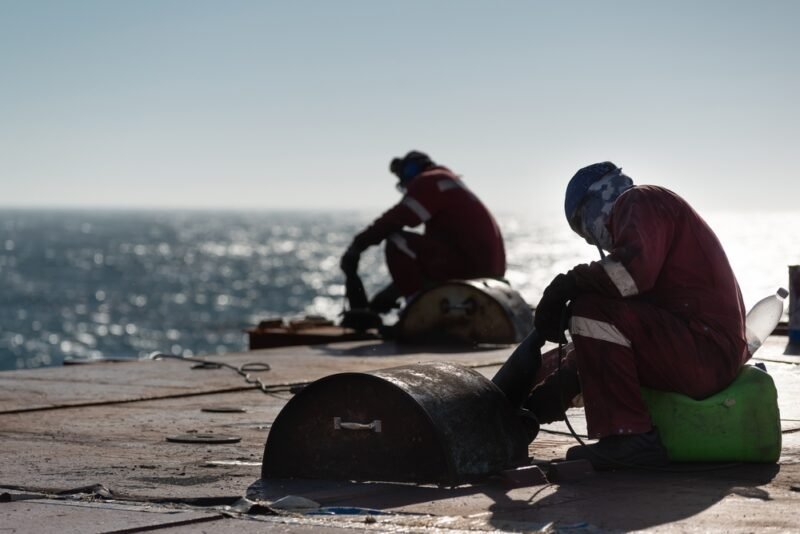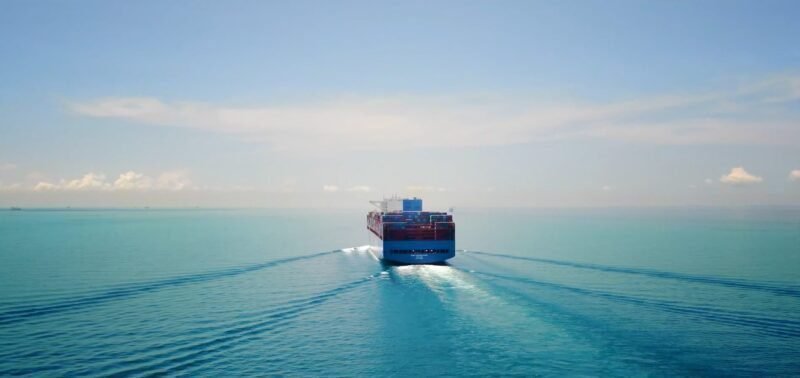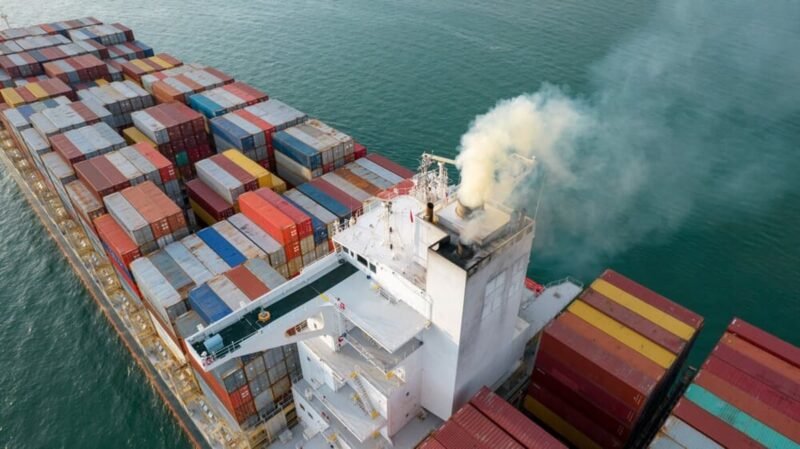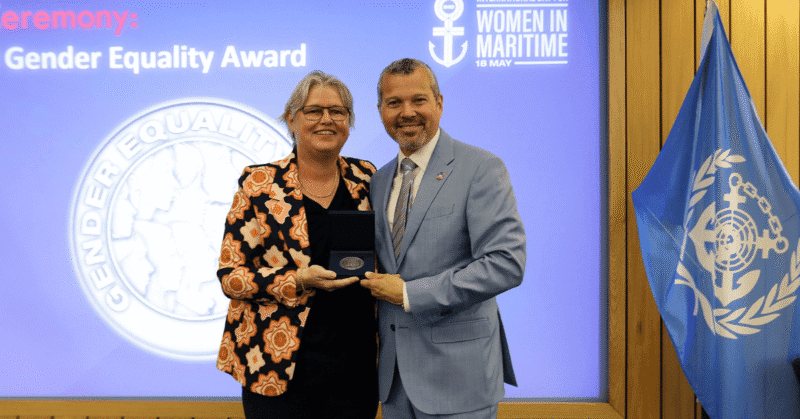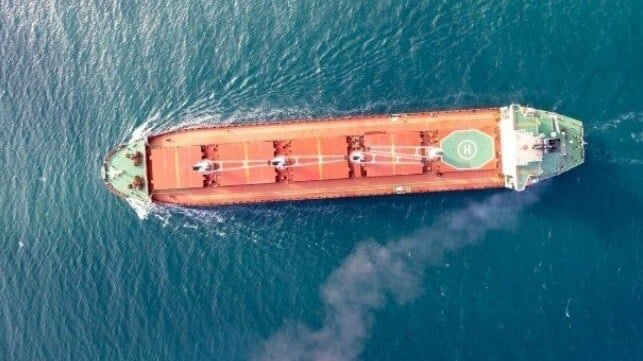In 2025, the International Maritime Organization (IMO) faces a year filled with geopolitical tensions, maritime security challenges, digitization, and decarbonization efforts. The organization’s main goal is to support safe, efficient, and sustainable shipping through robust international regulations backed by technical assistance for Member States. Anticipated milestones include entering the Hong Kong Convention on Recycling Safe Ships, fulfilling criteria for the Cape City Agreement on the safety of fishing vessels, and accepting changes to the Marpol Convention to reduce ship emissions.
To achieve the ambitious decarbonization targets set for 2050, IMO member states passed a revised THG strategy with aims to significantly reduce greenhouse gas emissions from international shipping. Mandatory regulations to enhance ship energy efficiency have been implemented, with discussions ongoing about medium-term measures like a global fuel standard and a greenhouse gas emission price mechanism. IMO also supports member states through initiatives like Greenvoyage2050 and the Future Fuels project to meet these targets.
IMO continually updates its regulatory framework to keep pace with technological advancements and environmental considerations, such as the mandatory adoption of the Maritime Single Window for digitization. The organization conducts training and workshops globally to help countries implement these regulations and improve efficiency while lowering emissions. Additionally, IMO is developing codes to regulate emerging technologies like autonomous ships to address cybersecurity risks. Security concerns with alternative fuels like hydrogen and ammonia are being addressed with preliminary safety guidelines for ship operation.




